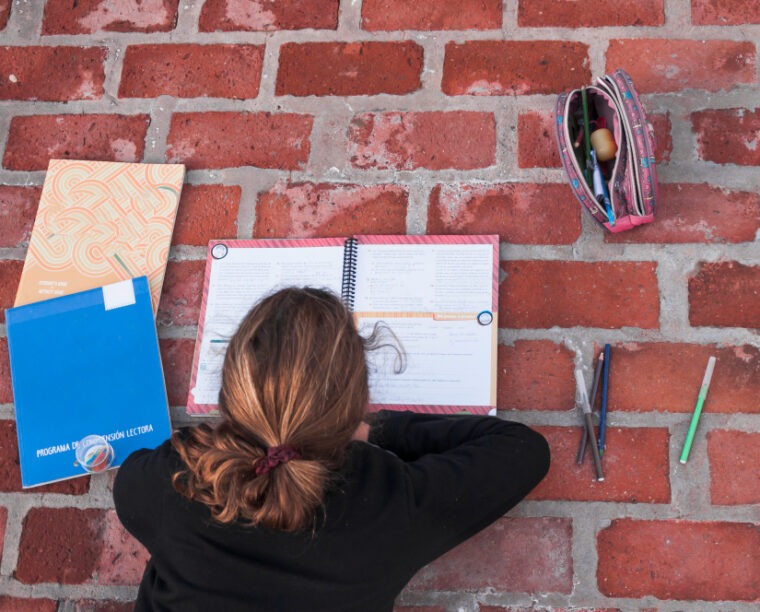
As children grow, their needs and abilities change—not only physically, but also socially, emotionally, and cognitively. In Lithuania, early childhood education is divided into stages: preschool education and pre-primary education. The differences between these stages become most apparent when parents are choosing an educational institution or deciding if their child is ready to take the next step.
What is preschool education?
Preschool education is the first stage of formal learning for children from birth to around 5 or 6 years old. It provides a safe, play-based environment where children begin to develop their social, emotional, language, and physical skills. At this stage, education is not focused on formal academic results—the priority is for children to be curious, active, safe, and happy. According to state guidelines, preschool education aims to support well-rounded development, fostering independence, communication skills, and confidence.
Preschool education in Vilnius offers a wide variety of options. Many modern kindergartens implement different educational philosophies, combining traditional approaches with innovative methods to meet the diverse needs of young children.
What is pre-primary education?
Pre-primary education serves as a bridge between kindergarten and school. It is intended for children aged 5 or 6 and usually lasts one year. Although formal schooling has not yet begun, during this period children start becoming familiar with the structure of learning: their cognitive abilities and learning skills are nurtured in preparation for first grade.
This does not mean that children in pre-primary education are already reading long books or solving complex problems. Instead, they deepen their understanding of the basics of written language: they learn to distinguish and combine sounds, recognize word structures, begin to read short words and sentences, and develop concentration, patience, the ability to complete tasks, and follow a daily routine. These foundations make the transition to school smoother and more confident.
Despite much debate, universal compulsory preschool education for younger children was not introduced in Lithuania in 2023. However, pre-primary education is compulsory for 6-year-olds to ensure that all children reach a certain level of readiness before starting school.
Preschool and pre-primary education: how do they differ?
Preschool and pre-primary education differ primarily in age and focus. Preschool education introduces younger children to the world around them through play and exploration, without pressure or formal assessment. Pre-primary education, by contrast, focuses more on preparing older children for school: developing early literacy and numeracy, practicing routines, and fostering skills needed for learning in a classroom. Nevertheless, pre-primary education remains playful and child-centered, without imposing a strict “school” structure.
Why is it important to know the difference?
For parents searching for the most suitable kindergarten or wondering whether their child is ready for school, understanding the differences between preschool and pre-primary education helps make informed decisions. It is also crucial to recognise that every child develops at their own pace. Some children may already be counting or showing an interest in books at age five, while others still prefer playing in the sandbox—and that is perfectly normal.
Both preschool and pre-primary education are grounded in the principles of child well-being. When caring adults recognise these differences and take the child’s maturity and individual needs into account, the transition to school becomes smoother, calmer, and more natural.
 School Saulės Gojus
School Saulės Gojus 

